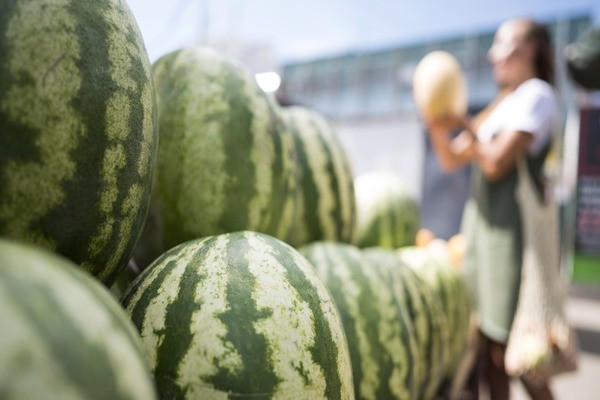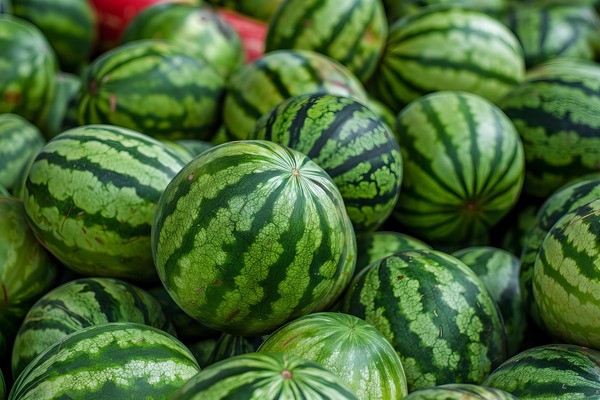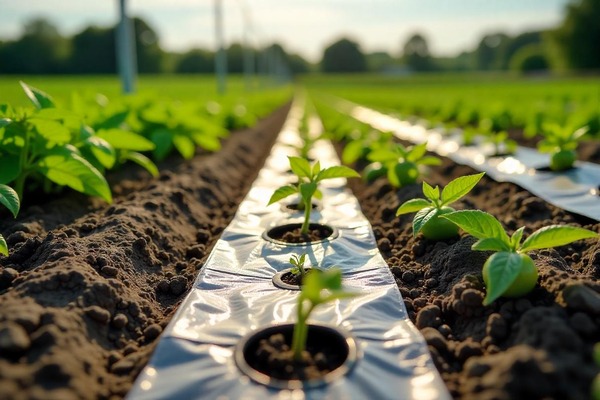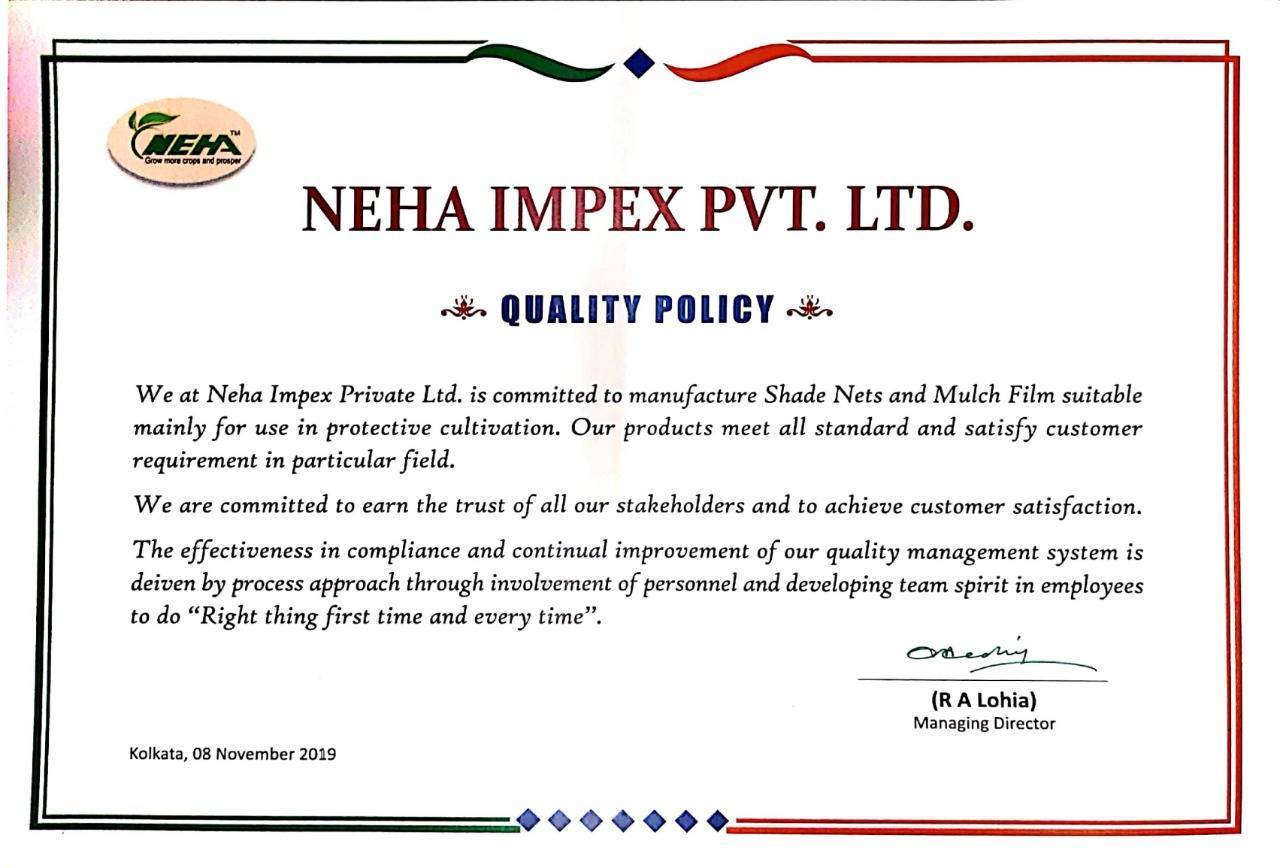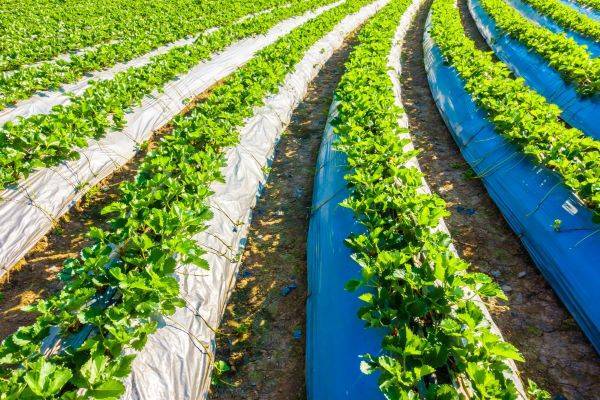
Mulch film, a thin plastic material laid over the soil surface, has become an indispensable tool for modern agriculture. Its multifaceted benefits extend beyond weed control and moisture retention; mulch films plays a pivotal role in enhancing the harvest in various ways. From improving soil health to optimizing crop yields, here are the top ten ways mulch film can assist in the harvest:
1. Weed Suppression
One of the primary advantages of mulch film is its ability to inhibit weed growth. By creating a barrier between the soil and sunlight, it hampers weed germination and growth, reducing competition for nutrients and water with the main crop. This facilitates easier weed management during harvesting, saving time and labor.
2. Moisture Retention
Mulch film helps in conserving soil moisture by preventing evaporation. By maintaining adequate moisture levels, it ensures consistent growth and development of crops, leading to better yields during harvest time, especially in arid or drought-prone regions.
3. Temperature Regulation
Mulch film acts as an insulating layer, regulating soil temperature. It prevents excessive heating during hot days and minimizes temperature fluctuations. This stability can foster optimal plant growth, especially for sensitive crops, resulting in healthier plants and increased harvest quality.
4. Soil Erosion Prevention
Wind and water erosion can significantly impact soil health and crop productivity. Mulch film acts as a protective shield, preventing soil erosion by reducing the impact of raindrops and wind on the soil surface. Preserving the topsoil ensures a healthier environment for plants to grow and thrive until harvest.
5. Enhanced Soil Fertility
Over time, mulch film can decompose, contributing organic matter to the soil. This decomposition process enriches the soil structure, promotes microbial activity, and increases nutrient availability. Consequently, it enhances soil fertility, providing essential elements necessary for robust plant growth and higher yields at harvest.
6. Pest and Disease Management
Mulch film can act as a barrier against certain pests, such as soil-borne insects, nematodes, and fungal diseases. By creating a physical barrier, it reduces pest access to the crop roots, minimizing damage and disease transmission. Healthier plants result in a more bountiful harvest.
7. Improved Crop Quality
The use of mulch film can lead to better quality produce. Fruits and vegetables grown on mulched soil often exhibit fewer blemishes, cleaner appearance, and better uniformity. This enhancement in quality can increase market value and consumer satisfaction during harvest.
8. Extended Growing Season
Mulch film helps to extend the growing season by warming the soil earlier in the spring and keeping it warmer into the fall. This extended period allows for a longer growth cycle, enabling crops to reach maturity and maximize yield potential before harvest time.
9. Water Conservation
Efficient use of water is crucial in agriculture. Mulch film significantly reduces water requirements by minimizing evaporation and runoff. With less water wastage, the available water supply can be utilized more effectively, ensuring adequate hydration for plants until the harvest stage.
10. Increased Yield and Harvest Efficiency
Ultimately, the culmination of these benefits leads to increased crop yields. Mulch film optimizes growing conditions, improves plant health, minimizes losses due to weeds and pests, and enhances the overall efficiency of the harvest process. This boost in yield is a direct result of the various advantages offered by mulch film in crop production.
How Does Mulch Film Work?
Mulch film operates as a protective barrier laid over the soil surface in agricultural fields. Typically made from various plastics, such as polyethylene, mulch film functions by creating a physical shield that serves several purposes. Primarily, it inhibits weed growth by obstructing sunlight, thereby impeding the germination and growth of weeds. This barrier also aids in moisture conservation by reducing water evaporation from the soil, maintaining a more consistent level of hydration crucial for plant growth.
Additionally, mulch film helps in regulating soil temperature, preventing extreme fluctuations that can stress plants. By acting as an insulator, it retains heat in cooler conditions and reflects excessive heat during warmer periods, fostering an optimal environment for plant development. Overall, mulch film functions as a versatile tool in agriculture, contributing to improved soil conditions, reduced weed pressure, better moisture retention, and ultimately enhancing crop yields.
Why Are Neha Mulch Films Best For You?
Choosing Neha Mulch Films offers numerous advantages for agricultural endeavors. Neha Mulch Films stand out due to their exceptional quality, durability, and innovative features that significantly benefit crop cultivation. These films are engineered with top-grade materials, ensuring robustness and longevity, even in challenging environmental conditions. Neha Mulch Films effectively suppress weed growth, conserve soil moisture, and regulate soil temperature, creating an optimal environment for plant growth.
Their precise design and manufacturing processes guarantee uniform coverage, facilitating ease of installation and enhancing overall crop management. Moreover, Neha Mulch Films contribute to soil health by promoting decomposition, enriching the soil with organic matter, and improving fertility over time. With a commitment to excellence, reliability, and sustainability, choosing Neha Mulch Films becomes a prudent choice for farmers seeking higher yields, better crop quality, and long-term soil improvement in their agricultural practices.

